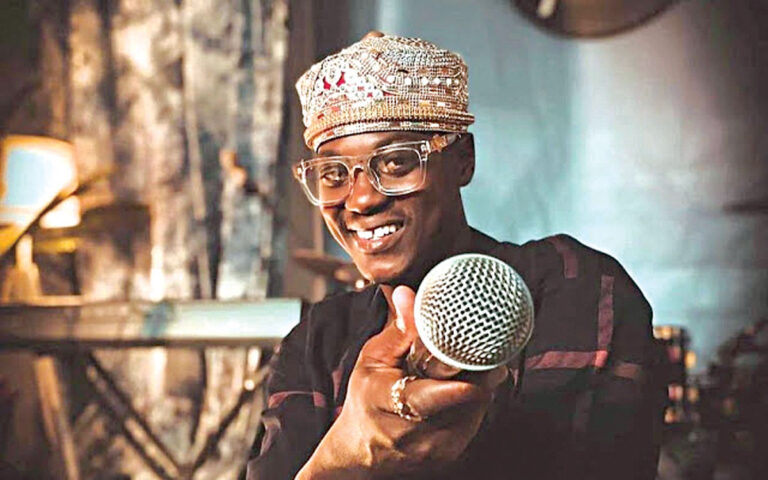Babatunde Odubanwo
It has been four years since Nigeria lost one of its most resonant voices, Sound Sultan. But while the man—Olanrewaju Abdul-Ganiu Fasasi—may no longer walk among us, his legacy is far from silent. It reverberates through music, theatre, film, and the countless lives he touched. Sound Sultan wasn’t just an entertainer; he was a cultural architect, a conscience in rhythm, a griot of the modern era.
From his earliest days on the scene, Sound Sultan distinguished himself by refusing to follow the crowd. He fused Afrobeat, hip-hop, highlife, and reggae into a sound that was unmistakably his own. His lyrics, often humorous and sharply observant, dared to speak uncomfortable truths—about inequality, corruption, violence, and everyday survival in Nigeria. With songs like “Mathematics,” “Motherland,” “Broke,” and “Ghetto Love,” he combined wit and wisdom with a deep empathy for the common Nigerian. His breakout hit, “Jagbajantis,” was both a political statement and a cultural awakening. He used music not just to entertain, but to educate.
But his artistry could not be confined to the recording studio alone. A trained geographer with a degree from Lagos State University, Sound Sultan honed his stagecraft through poetry, spoken word, and drama, laying the groundwork for his later work in film and live theatre. In Campus Queen, a Tunde Kelani-directed musical drama set in a Nigerian university, he portrayed “Melvin”—a sharp, socially conscious student whose musical flair and authenticity brought the role to life. It was a performance that echoed his own real-world persona: fearless, funny, and fiercely aware.

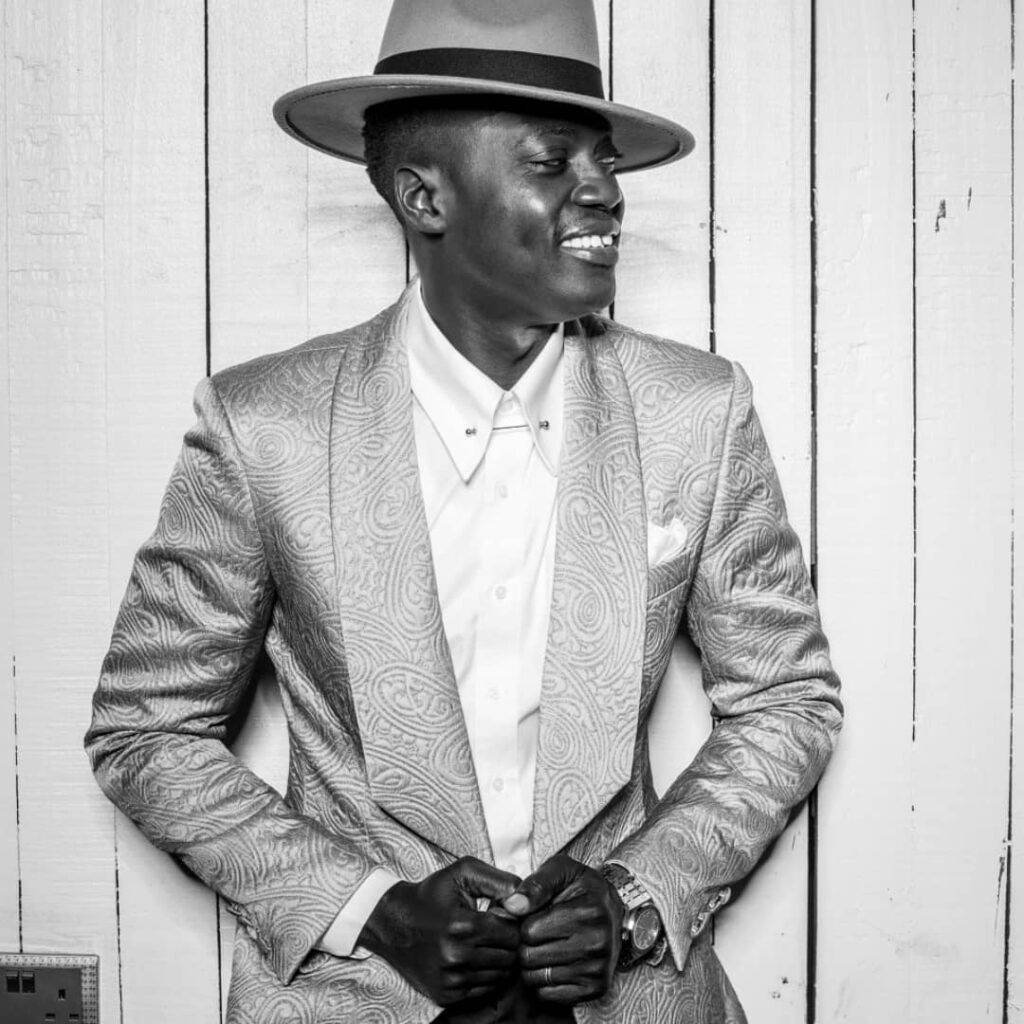
Sound Sultan’s talents were again on full display in Jungle Story, the groundbreaking Afro-urban musical originally conceived by Lagbaja and later reimagined by Segun Adefila’s Crown Troupe of Africa. Set in a fictional jungle mirroring the dysfunction of modern Nigeria, the play was a satirical exploration of power, injustice, and societal decay. In this reimagined version, Sultan took on the role of a charismatic “Area Oracle”—a wandering griot, prophet, and street critic who narrates the jungle’s chaos through lyrical interludes that blend rap, Afrobeat, and spoken word.
His presence on stage was electric. At key moments in the play, he would step into the spotlight with his signature Naija Ninja swag, delivering verses like:
“Welcome to the jungle, where the strong dey steal from the weak
Dem call am politics, but the monkey no get seat.
The lion dey chop alone, hyena dey form committee
But the antelope? Na suffer-suffer full him pocket sheet.”
Audience members would respond in rhythm, drawn into his words not just by performance but by recognition. He broke the fourth wall frequently, speaking directly to the audience like a street preacher with a boom box full of hard truths. Sometimes, he would freestyle based on breaking news or local events, making the satire feel urgent, immediate, alive.
This seamless integration of theatre, music, and activism wasn’t an outlier in Sound Sultan’s career—it was its essence. He consistently merged storytelling with social commentary, whether on a concert stage or in a small community theatre. His work channeled the spirit of Yoruba folk performance while speaking in the voice of the modern Nigerian street. He brought the wisdom of elders with the swagger of youth, creating a bridge between generations and genres.
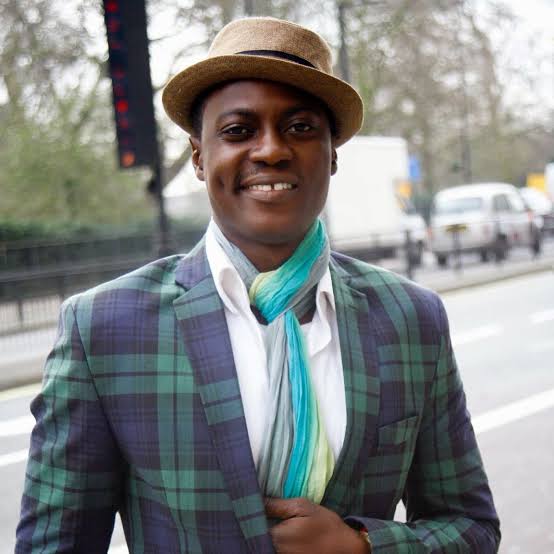
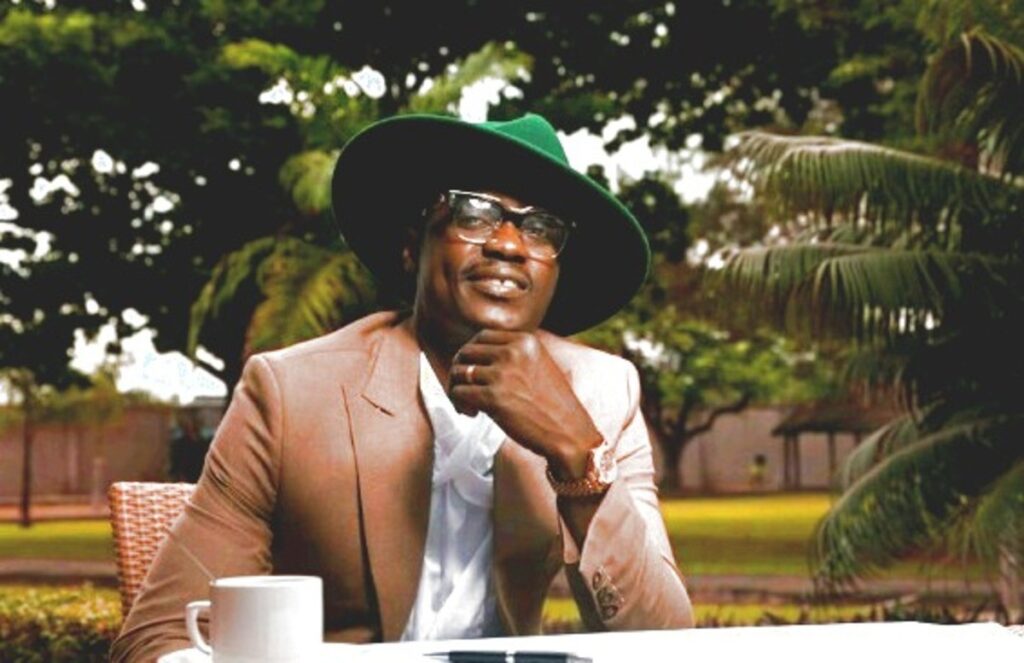
Sound Sultan’s acting credits extended to films like Head Gone, The Secret of the Money, and the popular television series The Flatmates, where his comedic timing and cultural fluency made him a fan favorite. He had the rare ability to move fluidly between satire and sincerity, always grounding his performances in a deep understanding of Nigerian life.
Off the stage, he was a devoted husband and father. He married his longtime partner Chichi Morah, who converted to Islam and became Farida Fasasi, in 2009. Their union, rooted in friendship and mutual respect, was one of quiet strength. Together, they raised three children, and even amid fame and public attention, Sultan always made time for family. His social media often reflected this—images of domestic joy, humor, and gratitude, a reminder that behind the public persona was a man grounded by love.
Sound Sultan was also a prolific collaborator and mentor. His creative kinship with 2Baba (2Face Idibia) became the stuff of legend. Together, they crafted classics such as “Enter the Place,” “Oyi (Remix),” and “One”, and partnered in youth empowerment campaigns like Vote Not Fight. Their partnership was built on more than music—it was a shared belief in art as a tool for social change.
He extended this mentorship to a new generation of artists through his Naija Ninjas collective—a music and arts movement co-founded with his brother Baba Dee. More than a label, Naija Ninjas became a launchpad for young talent that didn’t fit neatly into mainstream molds. Artists like Karma, Blackah, Young GreyC, and Seyi Shay all benefited from his guidance. Even stars like Josh2Funny and Bella Shmurda acknowledged his quiet encouragement and support.
Naija Ninjas stood for more than beats and bars—it stood for discipline, consciousness, and cultural pride. Its sound was a genre-fluid mix of Afrobeat, reggae, hip-hop, and soul, underpinned by a commitment to message-driven art. At concerts, on community stages, and in studio sessions, Sultan created space for others to rise, often stepping back so that others could shine.
And still, through it all, he remained humble. His fame never compromised his message, and his message never lost its humor. He had the rare gift of making people laugh while making them think. He didn’t just represent Nigeria; he reflected it—its struggles, its resilience, its joy.
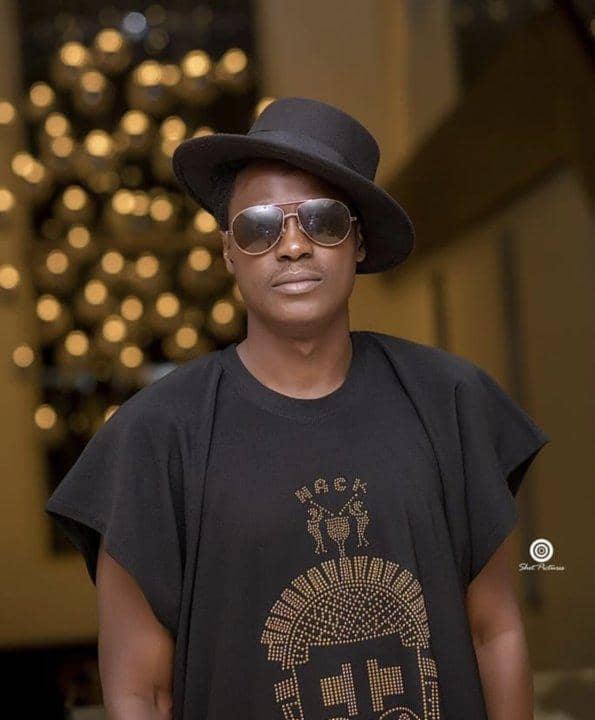
Four years after his death, the space he occupied in the industry remains uniquely his. There are louder voices now, bigger stages, flashier productions—but none with quite the same mix of intelligence, mischief, compassion, and integrity. Sound Sultan showed us that art could be both weapon and balm, mirror and microphone. He lived, not for applause, but for purpose.
He once said, “If you’re not using your platform for change, then what’s the point?” It was more than a quote. It was a creed.
And so, as we remember him today, we do so not in mourning, but in gratitude. Gratitude for the songs, the lessons, the laughter, and the love. Gratitude for a life that, though cut short, was lived fully, fearlessly, and meaningfully.
Rest in peace, Sound Sultan. Your music lives on. Your spirit endures. And your truth—still echoed in rhythms, refrains, and resistance—will never be silenced.

